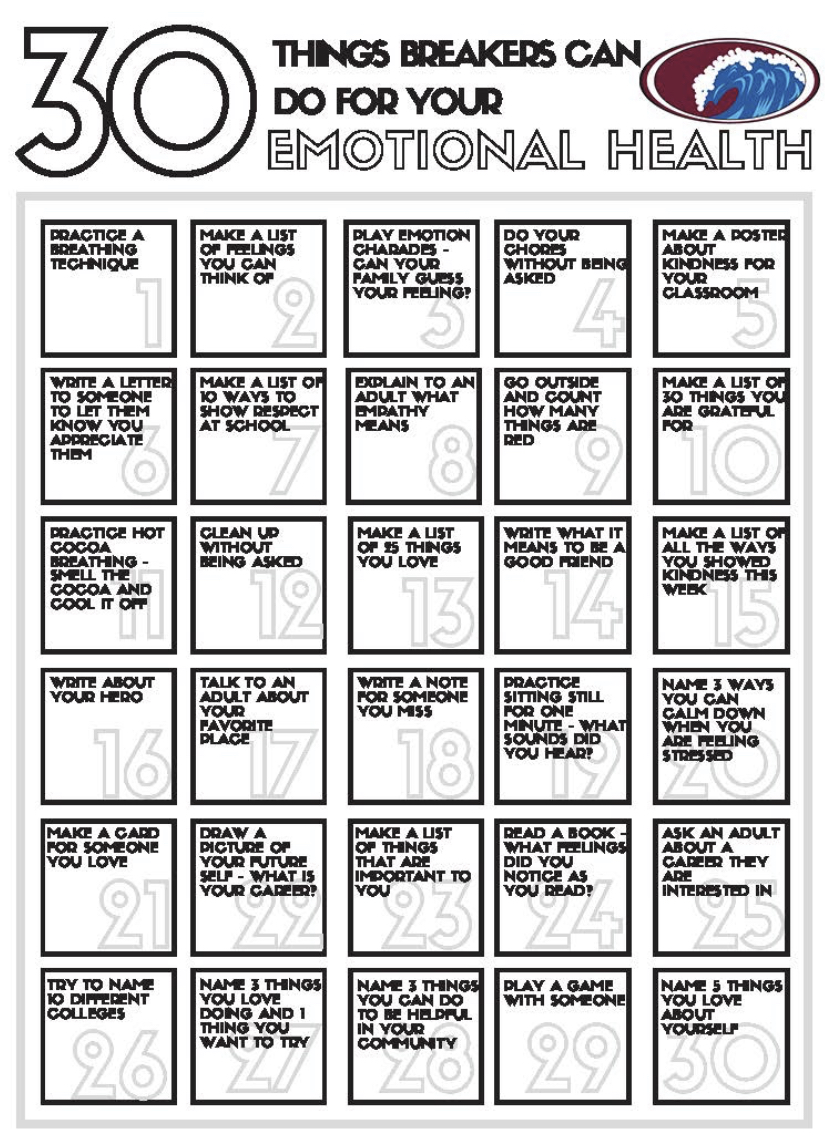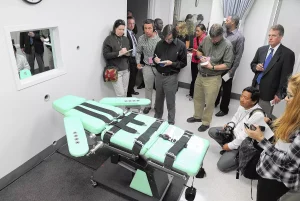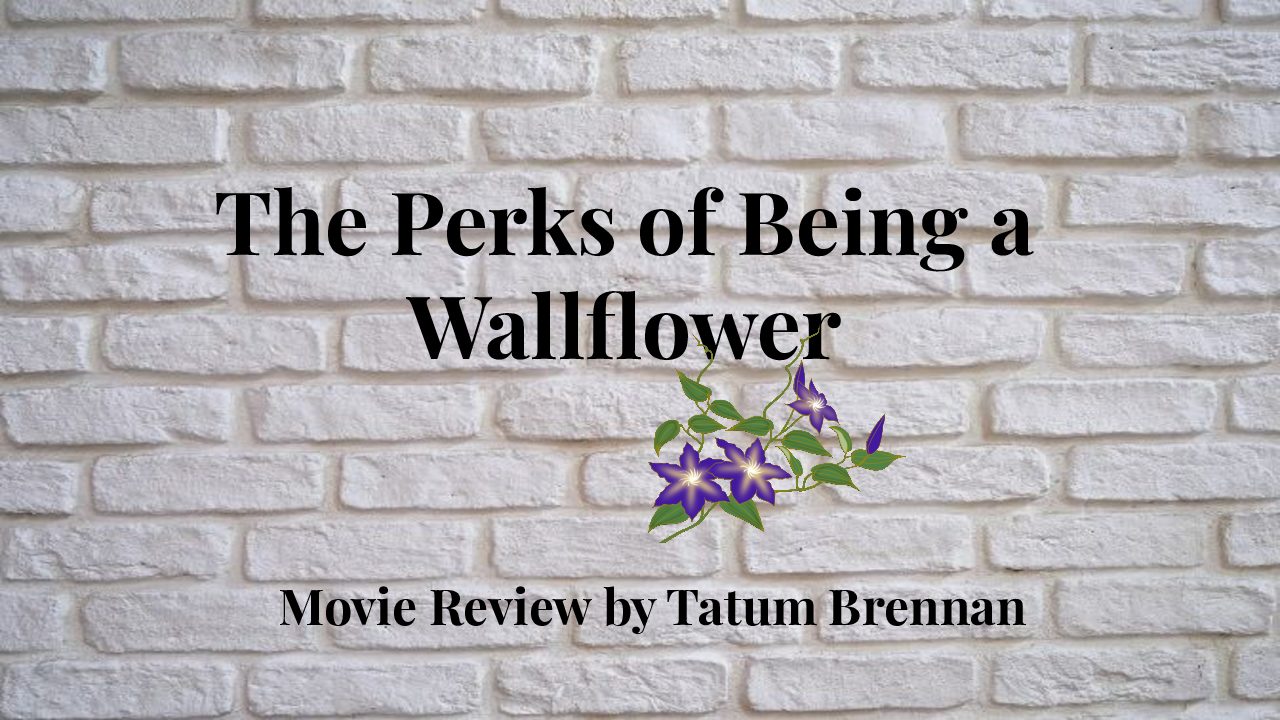Don’t let the Coronavirus get you down
March 25, 2020
We are currently living in a time where stress and anxieties may be strongly impacting our lives, but it’s important to try and curve crippling stress that may be reaching us. We conducted two Q&A’s with Student Support Specialist Alex Aronson and School Psychologist Bradley Rush to give student’s advice as well as talk about the resources that are available to students at LBHS.
- What are some coping mechanisms that students can use to help with stress/anxiety?
Aronson: A few things I think are important to focus on for this question. One would be distinguishing the difference of stress and anxiety. Stress is a reaction to life circumstances and stress is inevitable in our everyday lives. Anxiety is a constant worry or fear. The symptoms can be similar so sometimes the two terms get used interchangeably, but they are vastly different feelings. Coping strategies  are definitely different for each person but it’s really about engaging yourself in something you enjoy, allowing yourself to take necessary breaks, and acknowledging/working through your feelings. Some examples of coping mechanisms would be exercise, deep breathing, mindfulness practices, distraction in moderation (sleep, video games, TV, etc.), journaling, talking with friends/family or meeting with a therapist or counselor. It is also extremely important to work on creating a healthy balance of school, job, family life, social life, and personal responsibilities.
are definitely different for each person but it’s really about engaging yourself in something you enjoy, allowing yourself to take necessary breaks, and acknowledging/working through your feelings. Some examples of coping mechanisms would be exercise, deep breathing, mindfulness practices, distraction in moderation (sleep, video games, TV, etc.), journaling, talking with friends/family or meeting with a therapist or counselor. It is also extremely important to work on creating a healthy balance of school, job, family life, social life, and personal responsibilities.
Rush: A lot of research suggests that exercise is really important. Regular exercise, at least 30 minutes of hard physical activity everyday, should help. Sleep is another important one and eating right. If you do those three things then it will lower your stress levels in general if you’re feeling really stressed. But even after that if you still have stress and anxiety, you can talk about it with someone, like your parents or maybe an adult that you trust at school. After that you got things like mindfulness and mindful breathing. Yoga is really good (I know that kind of falls into the exercise category but usually it’s best to get exercise and yoga).
- Do you think the news has increased students’ anxieties? How do you think students should handle this stress?
Rush: In terms of news, filtering it for credible sources is probably the best thing. I know that I hear a lot of things that come on Facebook and other social media that aren’t really verified. It creates this level of anxiety or panic and then it spreads. Verify news and get it from verified news outlets.
- We are very lucky at our school to have so many mental health specialists to help students, but what exactly is the difference between your job, the school counselors’ jobs, Ms. Dana and Mr. Rush’s job?
Aronson: We all play a different role on campus, but collaborate together on behalf of students. The counselors work with students for a variety of reasons such as academic, social-emotional, and college/career readiness. I work with students in a more intensive capacity for social-emotional supports (depressive/anxiety-related symptoms, grief counseling, stress-reducing coping skills, etc.) and have a weekly  caseload for school-based mental health counseling. I also focus on a lot of prevention work on campus to reduce the stigma around mental illness, normalize stress and other feelings, and also provide education to staff/students. Ms. Dana is my intern and works under my guidance, she is here for two half days on Monday and Wednesday. Mr. Rush works with students in special education, performs psychological testing, and additionally does school-based mental health counseling for students in special education.
caseload for school-based mental health counseling. I also focus on a lot of prevention work on campus to reduce the stigma around mental illness, normalize stress and other feelings, and also provide education to staff/students. Ms. Dana is my intern and works under my guidance, she is here for two half days on Monday and Wednesday. Mr. Rush works with students in special education, performs psychological testing, and additionally does school-based mental health counseling for students in special education.
Aronson would like to let students know that mental health resources are still available during this time off. You can email any three of the school counselors at either [email protected], [email protected], or [email protected]. You can also contact Rush and Aronson at [email protected] or [email protected]. You can also access them through Google Chat/Hangouts or you can set up a video chat through email or google chat. Also, make sure to follow lbhs.wellness on Instagram for more tips to help better your mental health!







